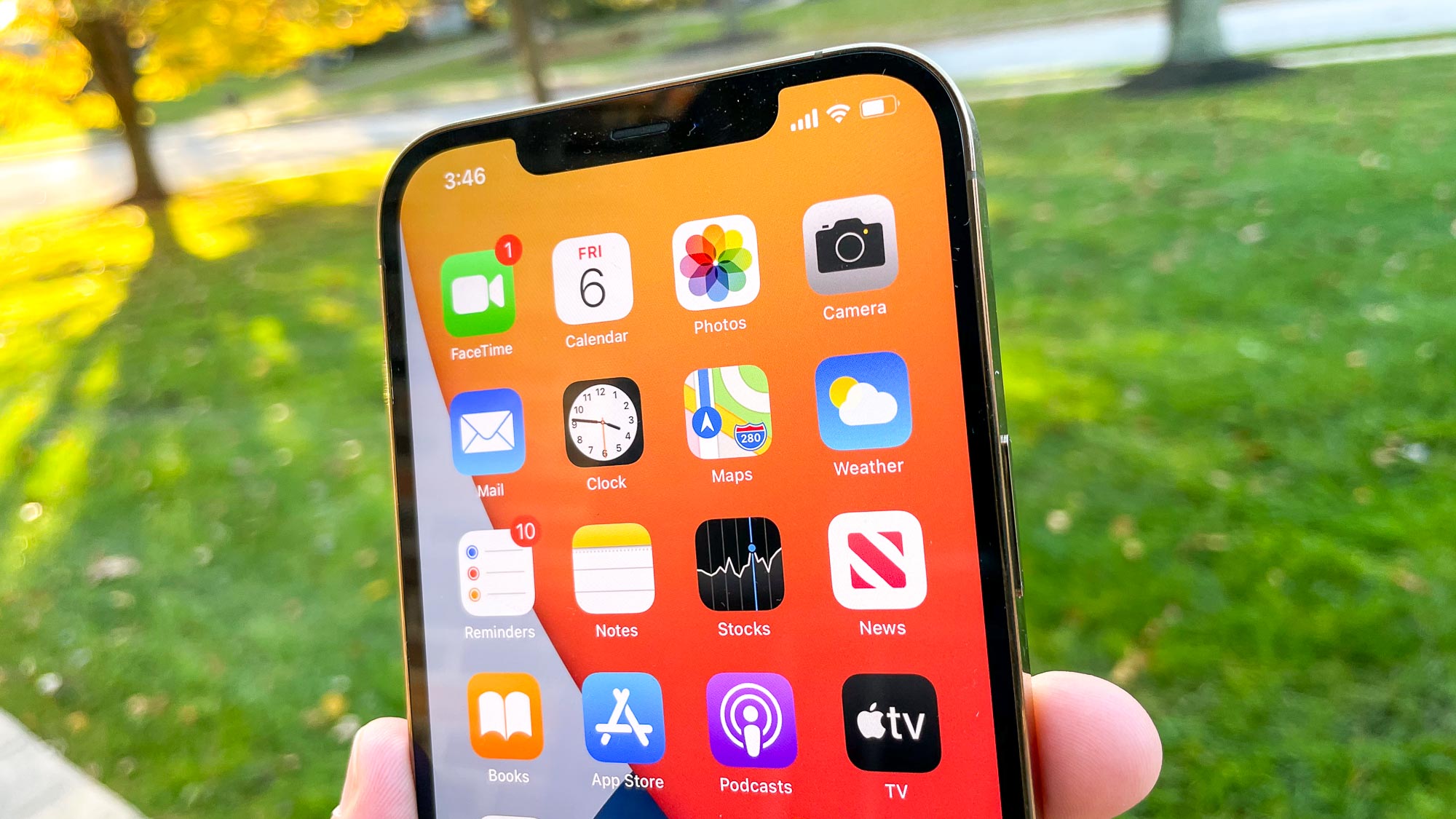iOS 14.7 update killing cellular service for some iPhone users — what to do
Watch out! The latest iOS 14 updates is causing connectivity chaos

Here at Tom’s Guide our expert editors are committed to bringing you the best news, reviews and guides to help you stay informed and ahead of the curve!
You are now subscribed
Your newsletter sign-up was successful
Want to add more newsletters?

Daily (Mon-Sun)
Tom's Guide Daily
Sign up to get the latest updates on all of your favorite content! From cutting-edge tech news and the hottest streaming buzz to unbeatable deals on the best products and in-depth reviews, we’ve got you covered.

Weekly on Thursday
Tom's AI Guide
Be AI savvy with your weekly newsletter summing up all the biggest AI news you need to know. Plus, analysis from our AI editor and tips on how to use the latest AI tools!

Weekly on Friday
Tom's iGuide
Unlock the vast world of Apple news straight to your inbox. With coverage on everything from exciting product launches to essential software updates, this is your go-to source for the latest updates on all the best Apple content.

Weekly on Monday
Tom's Streaming Guide
Our weekly newsletter is expertly crafted to immerse you in the world of streaming. Stay updated on the latest releases and our top recommendations across your favorite streaming platforms.
Join the club
Get full access to premium articles, exclusive features and a growing list of member rewards.
Various chatter on Apple’s discussion boards have flagged that some iPhone users are experiencing problems with getting cellular service after upgrading to the recently released iOS 14.7.
Flagged last week, the issue still appears to be causing problems with iPhones, with people noting that handsets that were fine before the update suddenly losing cellular connectivity once they updated to the latest version of iOS 14. This manifests itself as a “No Service” message.
- Learn how to fix a Mac that won't start
- Everything we know so far about the iPhone 13
- Plus: iPhone 13 alleged cases show biggest changes from iPhone 12
Somewhat oddly, Apple has yet to release a statement on the rather severe bug. However, it does now have a dedicated support page that details what to do if you encounter the No Service flaw.
Apple advices you to follow some select steps, such as checking your coverage area and restarting your iPhone, or iPad if it’s one with a cellular connection. The support page also suggests you remove your SIM card and then put it back in, and to check with your carrier to make sure it’ll work with an iPhone if you’ve just swapped from an Android handset.
Furthermore, you can check for a carrier settings update, with the following steps from Apple.
1. Make sure that your device is connected to a Wi-Fi or cellular network.
2. Tap Settings > General > About. If an update is available, you'll see an option to update your carrier settings.
Get instant access to breaking news, the hottest reviews, great deals and helpful tips.
3. To see the version of carrier settings on your device, tap Settings > General > About and look next to Carrier.
It's also advised that you try resetting the iPhone or iPad’s network settings or contacting your carrier to make sure your account is still active and there are no outages in your area. To do the former, simply go to Settings, then General, then Reset and then tap on “Reset Network Settings.”
If none of the above get you out of the bug, then we’d suggest you contact Apple. However, Apple is due to come out with the iOS 14.8 update, which we’d expect will fix any latent bugs in iOS 14.7.
This is far from a small bug so we can completely understand why some users might be annoyed, especially if they have to wait for a fix from Apple. If you are concerned about any potential problems, we suggest you hold fire from installing the iOS 147 update if you’ve not done so already.

Roland Moore-Colyer a Managing Editor at Tom’s Guide with a focus on news, features and opinion articles. He often writes about gaming, phones, laptops and other bits of hardware; he’s also got an interest in cars. When not at his desk Roland can be found wandering around London, often with a look of curiosity on his face.
 Club Benefits
Club Benefits










